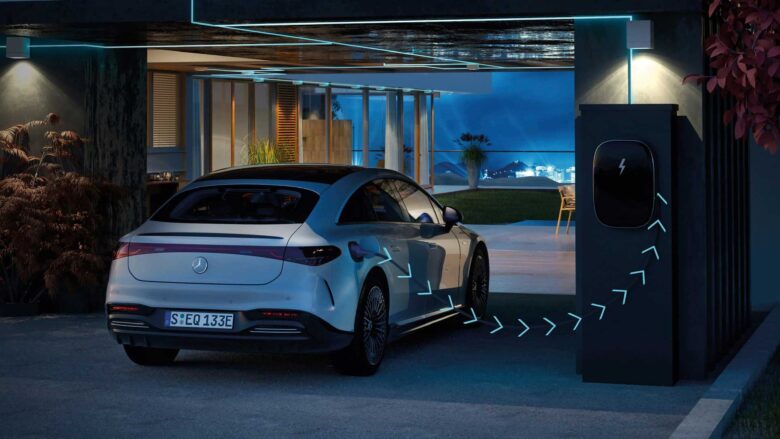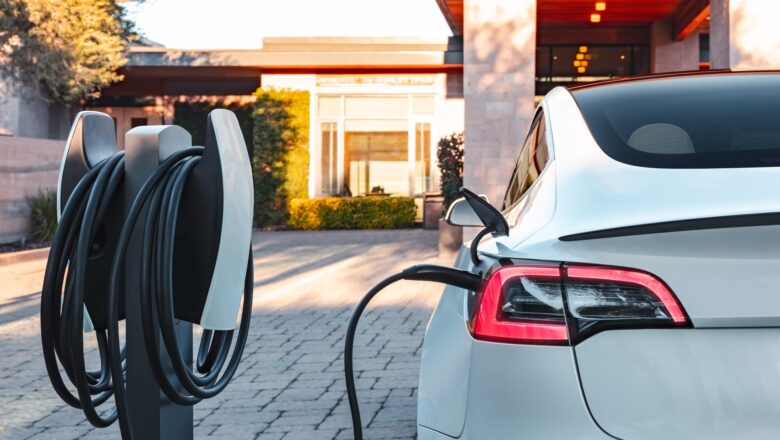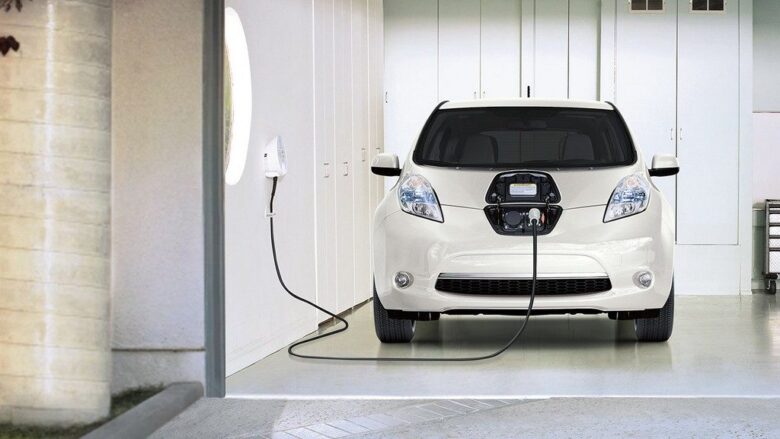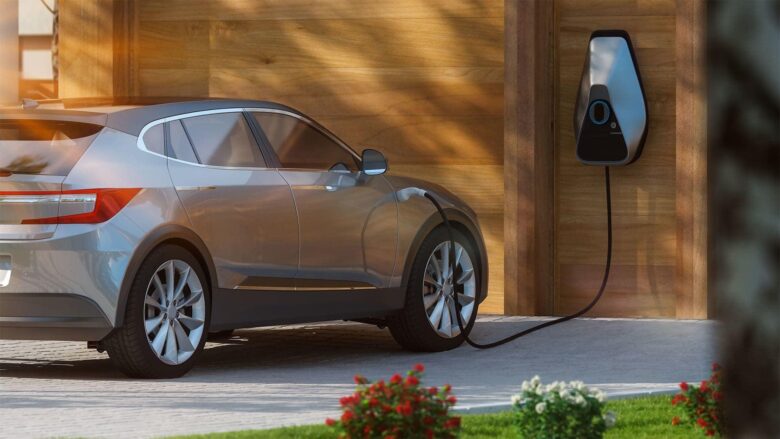As electric vehicles (EVs) become more popular, many EV owners wonder if installing a home EV charger is worth the investment. With more public charging stations available, it might seem unnecessary to have a charger at home. However, there are several factors to consider when deciding if a home EV charger is the right choice for you.
Convenience and Accessibility

One of the most significant advantages of having home EV chargers is convenience. Charging your vehicle at home means you can plug it in overnight and have a fully charged battery every morning. This eliminates the need to find a public charging station, which can be time-consuming and sometimes inconvenient. Home charging allows you to avoid waiting in line, especially during peak hours or in busy areas.
Imagine returning home after a long day and simply plugging in your car. No detours, no waiting for an available charger, and no additional time spent away from home. This convenience becomes even more valuable during inclement weather or late at night. For those with busy schedules, this seamless charging process can save significant time and reduce stress.
Cost Savings
Another factor to consider is cost savings. Public charging stations often have higher rates compared to home charging. By charging at home, you can take advantage of lower electricity rates, especially if you have a time-of-use plan that offers cheaper rates during off-peak hours. Over time, the savings from lower electricity costs can offset the initial investment of installing a home EV charger.
For example, the cost per kilowatt-hour (kWh) at home can be significantly lower than at public chargers. If you drive an average of 15,000 miles per year, the difference in electricity costs can add up to substantial savings. Additionally, some utility companies offer special EV rates or rebates for home charging, further reducing your expenses.
Increased Property Value

Installing can also increase the value of your property. As more people adopt electric vehicles, the demand for homes with EV charging capabilities will likely rise. This added feature can make your property more attractive to potential buyers, especially those who already own an electric vehicle or plan to buy one in the future.
Real estate trends show that homes with green features, including EV chargers, often sell faster and at higher prices. As the shift toward electric vehicles continues, having a home equipped with a charger can set your property apart in a competitive market. For environmentally conscious buyers, this feature can be a decisive factor in their purchasing decision.
Environmental Benefits
Charging your EV at home can also have environmental benefits. Many public charging stations use electricity generated from non-renewable sources, whereas you can choose a green energy plan for your home. By using renewable energy to charge your vehicle, you can reduce your carbon footprint and contribute to a more sustainable future.
For those committed to reducing their environmental impact, pairing a home EV charger with solar panels can further enhance these benefits. Generating your electricity ensures that your EV is powered by clean, renewable energy, making your transportation virtually emissions-free. This combination supports global efforts to combat climate change and promotes a cleaner environment.
Different Types

There are different types of home EV chargers to consider, each with its own advantages and disadvantages. The most common types are Level 1 and Level 2 chargers.
Level 1
Level 1 chargers use a standard 120-volt outlet and do not require any special installation. They are the most basic type of charger and are typically included with the purchase of an electric vehicle. However, Level 1 chargers have a slower charging rate, usually providing about 4-5 miles of range per hour of charging. This makes them suitable for overnight charging if you do not drive long distances daily.
While Level 1 chargers are easy to use and cost-effective, their slow charging speed can be a drawback for those with higher daily mileage. If your daily commute exceeds 50 miles, a Level 1 charger may not fully recharge your battery overnight, necessitating additional charging time during the day.
Level 2
Level 2 chargers use a 240-volt outlet and require professional installation. They charge much faster than Level 1 chargers, typically providing 20-30 miles of range per hour of charging. This makes them ideal for EV owners who drive long distances or need to recharge their vehicle quickly. While Level 2 chargers are more expensive to install, their faster charging capabilities make them a popular choice for many EV owners.
The increased charging speed of Level 2 chargers can significantly enhance the usability of your EV. Whether you need a quick top-up before a long trip or want to ensure your battery is always ready, a Level 2 charger offers the flexibility and efficiency needed to keep your vehicle charged and ready to go.
Installation Costs and Considerations

The cost of installing a home EV charger can vary depending on several factors, including the type, your home’s electrical system, and any necessary upgrades. On average, installing a Level 2 charger can cost between $500 and $2,000, including the cost of the charger itself and professional installation.
Before installing a home EV charger, it is essential to consider your home’s electrical capacity. An electrician can assess whether your home’s electrical system can handle the additional load and make any necessary upgrades. These upgrades can add to the overall cost but are crucial for ensuring safe and efficient charging.
Conclusion
In conclusion, home EV chargers offer numerous benefits, including convenience, cost savings, increased property value, and environmental benefits. While the initial investment and installation costs can be significant, the long-term advantages often outweigh these expenses. By considering factors such as the type, installation costs, available incentives, and your personal driving habits, you can make an informed decision about whether a home EV charger is worth the investment for you. As electric vehicles become more prevalent, having a home EV charger will likely become a standard feature in many households, making it a valuable addition to your home.

